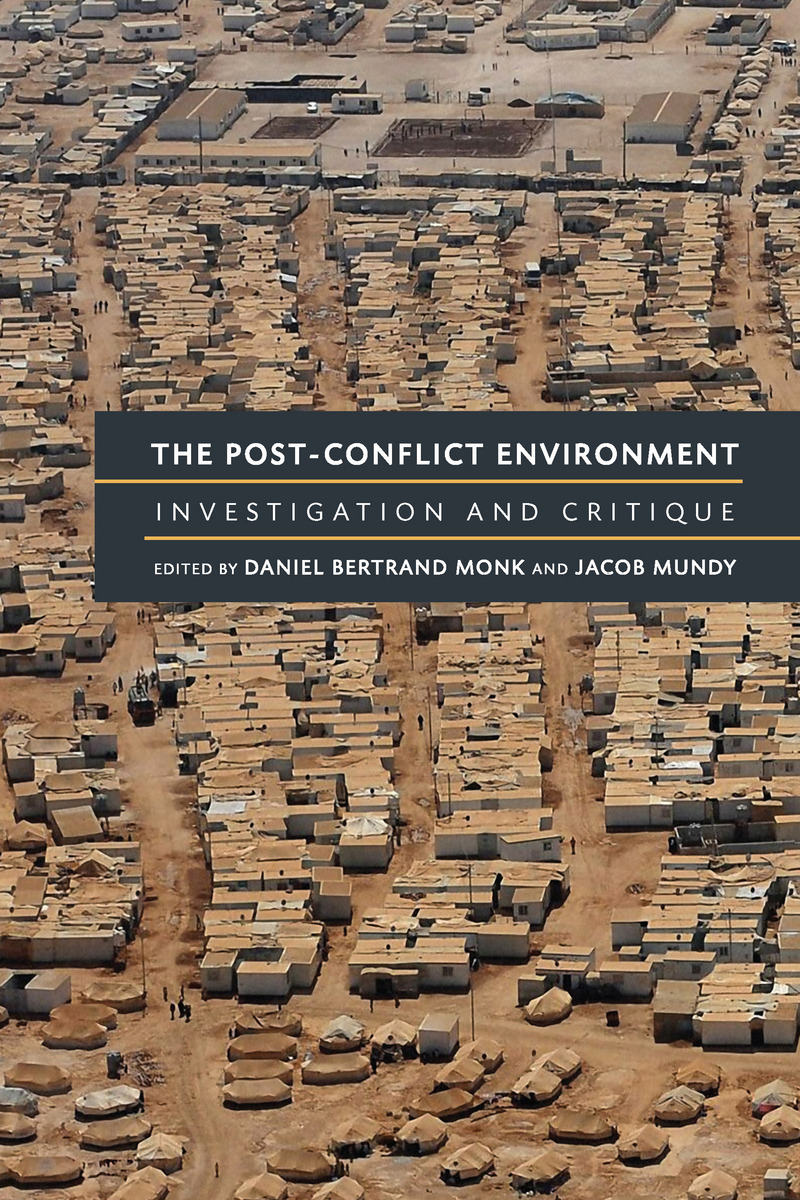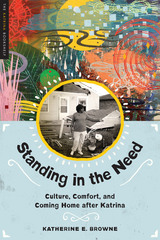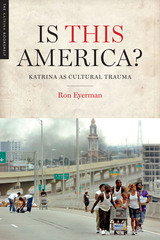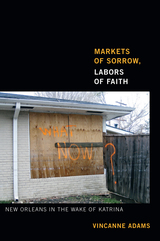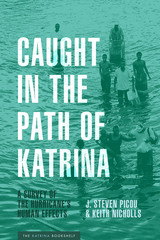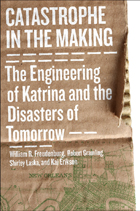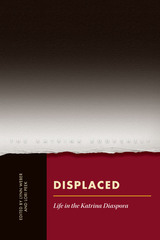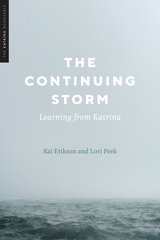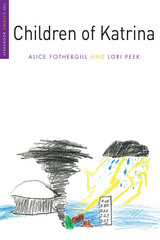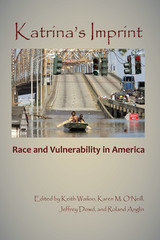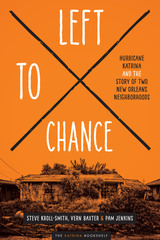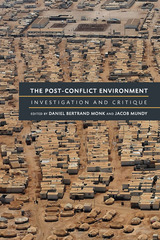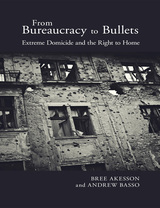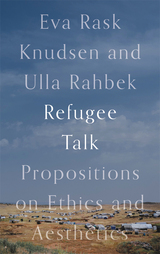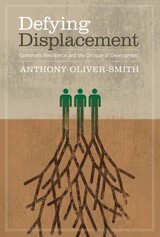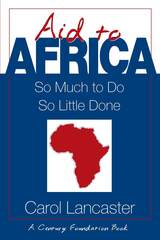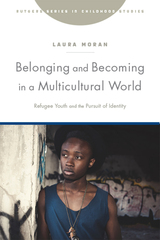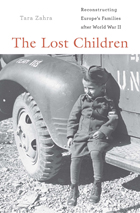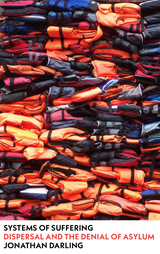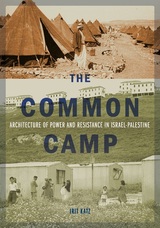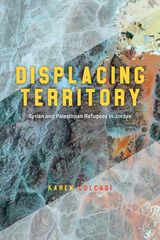The Post-Conflict Environment: Investigation and Critique
University of Michigan Press, 2014
Cloth: 978-0-472-07223-1 | Paper: 978-0-472-05223-3 | eISBN: 978-0-472-12039-0
Library of Congress Classification HV639.P656 2014
Dewey Decimal Classification 303.69
Cloth: 978-0-472-07223-1 | Paper: 978-0-472-05223-3 | eISBN: 978-0-472-12039-0
Library of Congress Classification HV639.P656 2014
Dewey Decimal Classification 303.69
ABOUT THIS BOOK | AUTHOR BIOGRAPHY | TOC | REQUEST ACCESSIBLE FILE
ABOUT THIS BOOK
In case studies focusing on contemporary crises spanning Africa, the Middle East, and Eastern Europe, the scholars in this volume examine the dominant prescriptive practices of late neoliberal post-conflict interventions—such as statebuilding, peacebuilding, transitional justice, refugee management, reconstruction, and redevelopment—and contend that the post-conflict environment is in fact created and sustained by this international technocratic paradigm of peacebuilding. Key international stakeholders—from activists to politicians, humanitarian agencies to financial institutions—characterize disparate sites as “weak,” “fragile,” or “failed” states and, as a result, prescribe peacebuilding techniques that paradoxically disable effective management of post-conflict spaces while perpetuating neoliberal political and economic conditions. Treating all efforts to represent post-conflict environments as problematic, the goal becomes understanding the underlying connection between post-conflict conditions and the actions and interventions of peacebuilding technocracies.
See other books on: Conflict management | Critique | Diplomacy | Investigation | Reconciliation
See other titles from University of Michigan Press
